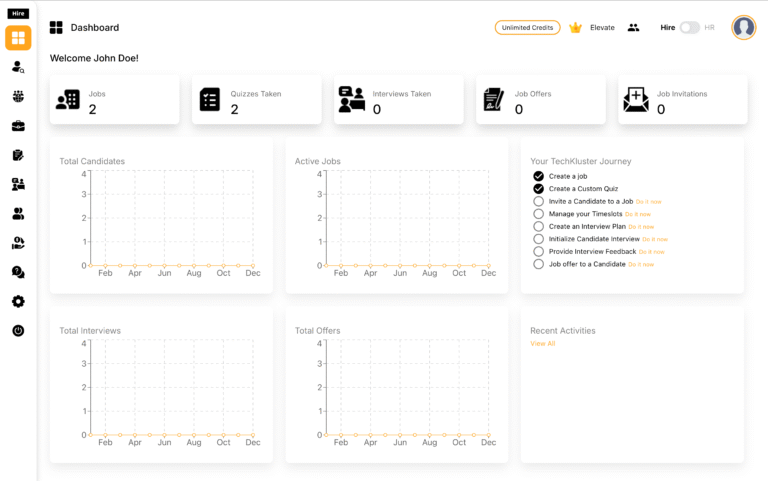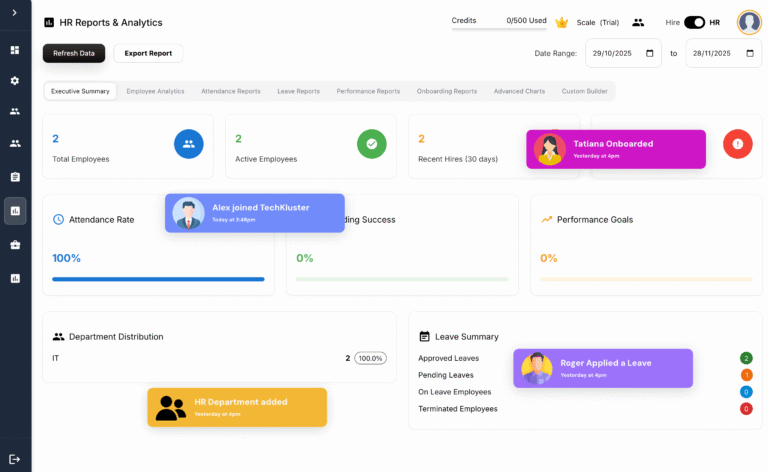Introduction Unreal Engine provides a wide range of plugins that enhance the functionality and capabilities of your game or application. While many plugins are available through the Unreal Engine Marketplace, you may encounter situations where you need to install a plugin directly from GitHub or from its source code. In this article, we will explore …
Introduction
Unreal Engine provides a wide range of plugins that enhance the functionality and capabilities of your game or application. While many plugins are available through the Unreal Engine Marketplace, you may encounter situations where you need to install a plugin directly from GitHub or from its source code. In this article, we will explore the steps to install Unreal Engine plugins from GitHub or source code.
Prerequisites
Before installing Unreal Engine plugins from GitHub or source code, make sure you have the following prerequisites:
- Unreal Engine: Ensure that you have Unreal Engine installed on your system. You can download Unreal Engine from the official Epic Games website.
- Git: Install Git on your system to clone the plugin repository from GitHub. You can download Git from the official Git website.
Steps to Install Unreal Engine Plugins
Follow these steps to install Unreal Engine plugins from GitHub or source code:
Step 1: Clone the Plugin Repository
- Open a terminal or command prompt.
- Navigate to the directory where you want to install the plugin.
- Clone the plugin repository using the following command:
git clone <repository_url> Replace <repository_url> with the URL of the plugin repository on GitHub.Step 2: Copy the Plugin to Your Project
- Open your Unreal Engine project in the Unreal Editor.
- Navigate to the
Pluginsdirectory within your project’s folder. - Copy the plugin folder from the cloned repository and paste it into the
Pluginsdirectory of your project.
Step 3: Generate Visual Studio Project Files (Optional)
If the plugin requires building from source or has C++ components, you may need to generate Visual Studio project files. This step is necessary if you want to modify or rebuild the plugin code.
- Right-click on your
.uprojectfile in the Unreal Editor and select “Generate Visual Studio project files.” - Open the generated Visual Studio solution file.
- Build the solution to compile the plugin code.
Step 4: Enable the Plugin in Unreal Editor
- Launch the Unreal Editor for your project.
- Go to the
Editmenu and selectPlugins. - In the Plugins window, navigate to the
Installedsection and locate the plugin you installed. - Enable the plugin by checking the checkbox next to its name.
- Click the
Restart Nowbutton to apply the changes and restart the Unreal Editor.
The plugin is now installed and enabled in your Unreal Engine project.
Additional Considerations
When installing Unreal Engine plugins from GitHub or source code, there are some additional considerations you should keep in mind. These considerations will help you ensure a smooth installation process and maximize compatibility with your project.
Plugin Dependencies
Some plugins may have dependencies on other libraries or plugins. Before installing a plugin, check its documentation or README file for any required dependencies. Make sure to install and configure these dependencies correctly to ensure the plugin functions as expected.
Plugin Compatibility
Ensure that the plugin you are installing is compatible with the version of Unreal Engine you are using. Plugins may have specific version requirements or compatibility limitations. Check the plugin’s documentation or repository for information about supported Unreal Engine versions.
Plugin Updates
Plugins hosted on GitHub or provided as source code are often actively maintained by the community. It’s a good practice to regularly check for plugin updates and new releases. Updating plugins to the latest versions can bring bug fixes, performance improvements, and new features. Follow the plugin’s repository or official channels to stay informed about updates.
Build and Compilation
Some plugins may require additional build or compilation steps before they can be used. This typically applies to plugins with custom C++ code. If the plugin you are installing has C++ components, follow the instructions provided by the plugin developer to build and compile the code properly. This may involve generating Visual Studio project files, configuring build settings, and rebuilding the plugin.
Testing and Validation
After installing a plugin, it’s important to test and validate its functionality within your project. Verify that the plugin is working as expected and does not introduce any compatibility issues or conflicts with other parts of your project. Thoroughly test the plugin’s features and integration to ensure it meets your requirements.
Community Support and Documentation
When installing plugins from GitHub or source code, the availability of community support and documentation can be valuable. Explore the plugin’s repository, issue tracker, and community forums to seek assistance, report bugs, or contribute to discussions. Read the plugin’s documentation or README file for usage instructions, configuration details, and troubleshooting tips.
Conclusion
Installing Unreal Engine plugins from GitHub or source code expands your options for extending the capabilities of your projects. By considering plugin dependencies, compatibility, updates, build steps, testing, and community support, you can successfully install and integrate external plugins into your Unreal Engine projects. Enjoy the benefits and additional functionality that these plugins provide, and leverage the power of the Unreal Engine community to enhance your development workflow.





